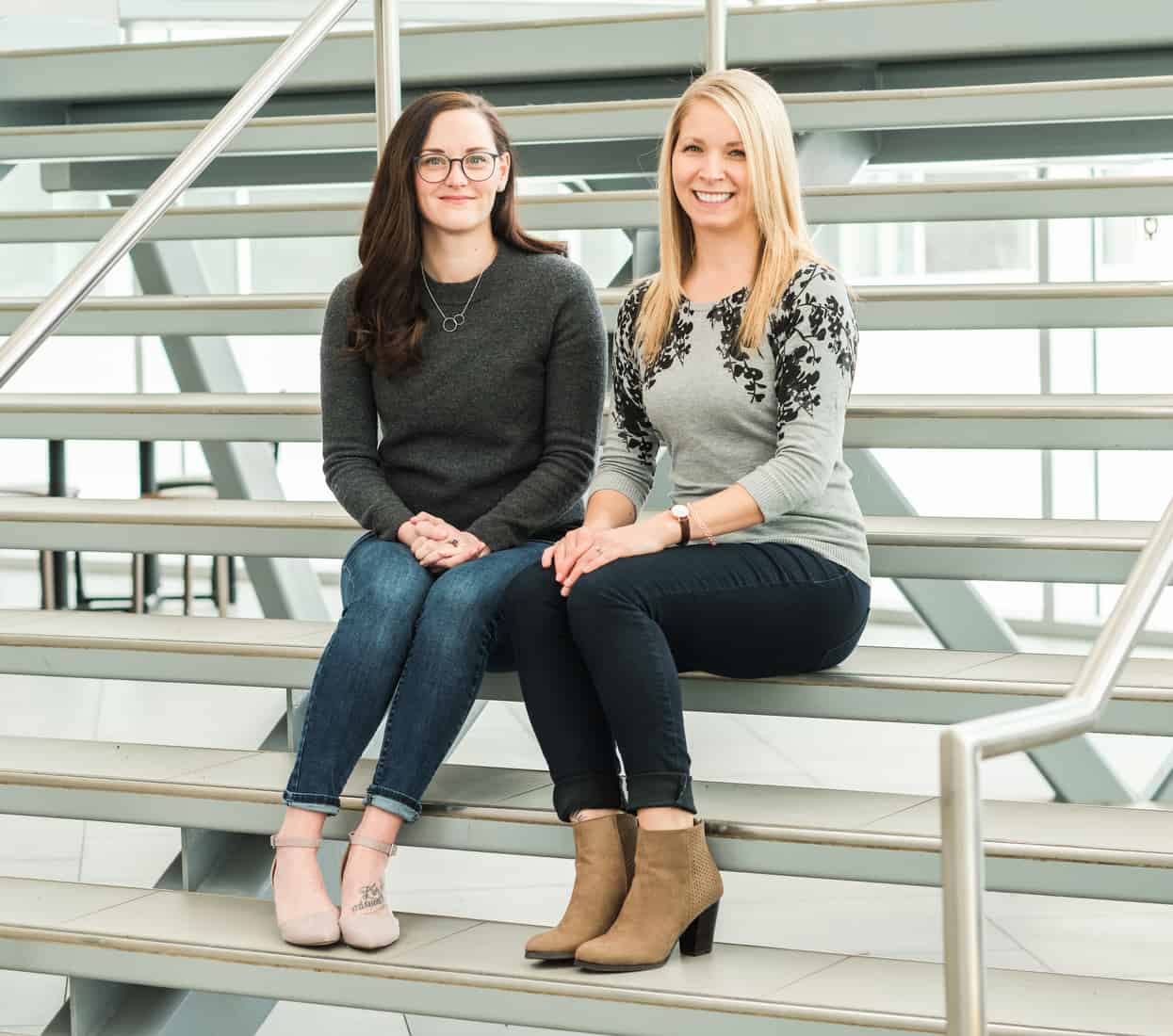
Kinesiology PhD student Margo Adam’s dissertation studied over 80 Saskatchewan female athletes’ approaches for dealing with high expectations in competitive sports, challenging previous assumptions that self-compassion causes complacency.
Previous research at the University of Saskatchewan suggested that female athletes’ believed self-criticism helped them reach performance goals. However, Adam consistently found that it was negatively related to how women perceived their own athletic performance.
“Within sport contexts, self-criticism, harsh evaluations and outcome orientations are very common,” Adam said. “However, within my qualitative PhD research, the women described how self-compassion helps them manage the challenges they face in sport contexts.”
According to Adam, her most significant discovery is the positive relationship between self-compassion and how it could function as a helpful resource to promote athletic improvement and general well-being.
The research project “Women Athletes’ Self-Compassion, Self-Criticism, and Perceived Sport Performance” was supported by the Social Sciences and Humanities Research Council, Huskie Athletics and Sask Sport Inc. The latter two connected the research team with female athletes from a variety of sports to study. The research participants shared their motivations for applying self-compassion and how it helped them deal with struggles they faced while playing competitive sports.
“They also talked about highly individual ways and reasons that self-compassion helped them be their best in sport,” Adam said. “This finding is significant as athletes in previous research have been hesitant toward adopting self-compassion due to the perception that it would lead to complacency.”
Adam’s supervisor, Leah Ferguson, notes that new research exploring the impact of self-compassion is still in its initial stages, but Adam’s work is advancing the literature. In their study, athletes who scored higher on a self-compassion scale also had higher scores on perceived sport performance.
“Though we have a lot more research to do to examine this relationship and establish the direction of the relationship, the conceptual idea of self-
compassion leads us to believe that developing athletes’ self-compassion might be influential on performance,” Ferguson said.
Adam and Ferguson propose self-compassion as a tool for women athletes to rely on; an approach influenced by “positive psychology” and “Eastern philosophy” as a “kind, connected and clear-sighed self-attitude that is based on self-kindness.”
“Most of my research stems from that very idea that activity can be fun and beneficial with immediate and long-term benefits, and we as kinesiology researchers can explore ways to make those positive opportunities as frequent and enjoyable as possible,” Ferguson said. “Conceptually, the self-compassion research suggests that individuals are not just seeing through rose-coloured glasses, rather, they are able to accept who they are, both strengths and flaws.”
Although Ferguson highlights that their research findings are specific to sport contexts, the concept of self-compassion is applicable to other life challenges as well.
“Self-compassion is all about extending kindness, balance and connectedness to oneself when enduring difficult experiences,” Ferguson said. “So, if self-compassion can be learned and applied, then, in theory, it has no bounds.”
Adam was the 2018 recipient of the Provost’s Graduate Student Teacher Award and Ferguson’s first PhD student.
“I was very fortunate to work with an extremely professional young woman who really set the bar high for future students,” Ferguson said. “Adam takes a lot of pride in her work, and I really believe her research will have a lasting impression on self-compassion in sport literature.”
They think future research into sport psychology and athletes’ experiences could show that integrating self-compassion into sports training has potential.
—
Noah Callaghan / Staff Writer
Photo: Dave Stobbe / Supplied
Leave a Reply